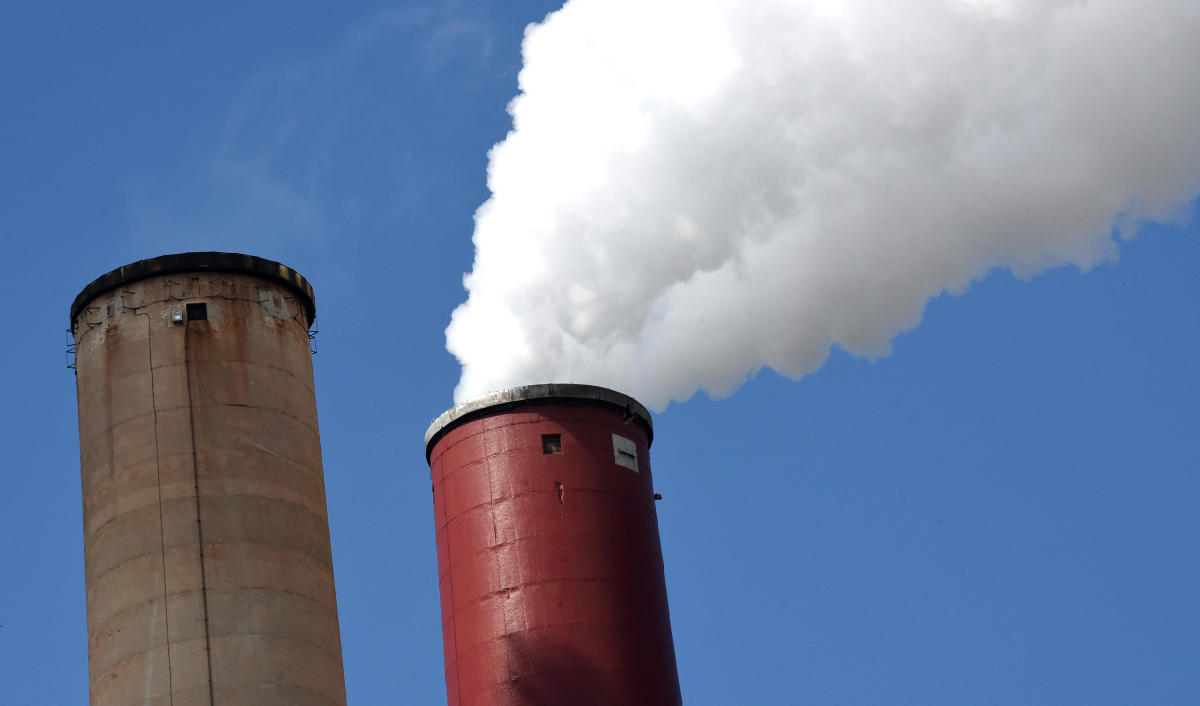MINNEAPOLIS — The United Nations has issued a sobering update on the state of our efforts to combat climate change. According to the report, global warming is projected to exceed the targets set in 2015 by a significant margin.
The Paris Climate Accord was established with the aim of preventing catastrophic warming. However, the latest findings indicate that nearly 200 countries are falling short of their legally-binding promise to reduce greenhouse gas emissions.
Each molecule of greenhouse gas in the atmosphere, such as carbon dioxide and methane, contributes to the warming effect. Human activities, particularly the burning of fossil fuels, have resulted in the highest levels of greenhouse gases in at least 800,000 years. Experts at NASA describe the current rate of warming as “unprecedented” in human history.
If our current trajectory continues, the U.N. warns that the earth’s average temperature will surpass the 2030 goal by nearly double. Even if countries were to slash their emissions by 42% overnight, there’s no guarantee that we would be able to prevent the worst natural disasters.
In a disheartening turn, emissions from burning coal, oil, and gas rose by 1.2% last year, indicating a lack of progress in our efforts to combat climate change.
However, there is evidence that change is possible. In 2015, the projected increase in greenhouse gas emissions by 2030 was 16%, but today, that figure has been reduced to only 3%.
Looking ahead, it’s clear that a more concerted effort is required. We need to prepare for more extreme weather events and invest in sustainable energy sources. Additionally, individual actions, such as reducing energy use and supporting local businesses, can have a meaningful impact.
Simple steps like a home energy audit can contribute to waste reduction and monetary savings. There are also significant clean energy incentives that individuals can take advantage of.
It’s important to remember that no single person is responsible for climate change, and it will require collective action at various levels of society to make a significant impact.
Steven Van Zandt: The 60 Minutes Interview


